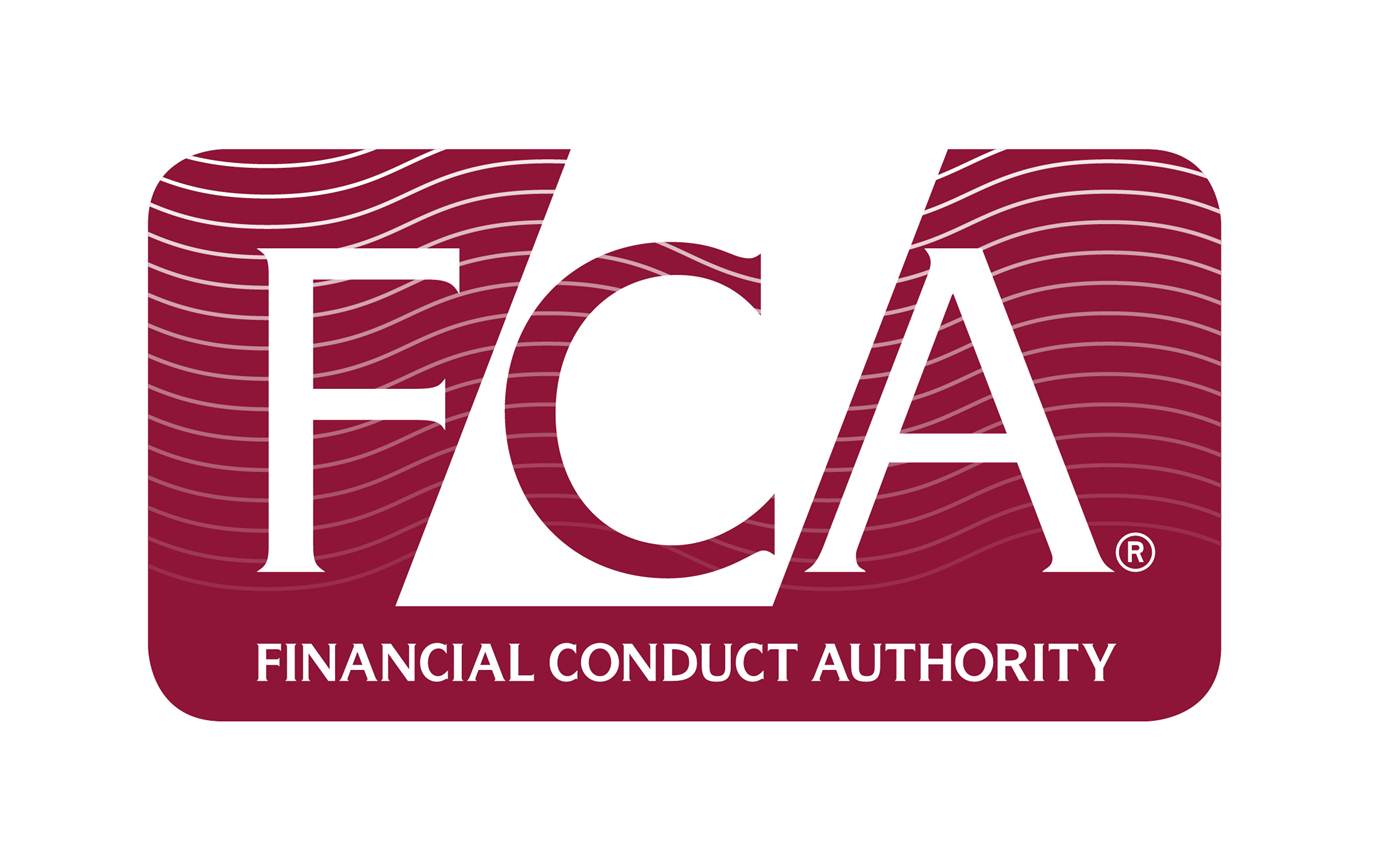News
New pension rules take effect next month

‘Investment pathways’ will be offered to people who don’t take financial advice when they place all or part of their pension into drawdown.
The Financial Conduct Authority (FCA) is introducing the investment pathways initiative to ensure that anyone with a pension drawdown account has access to simple, good-value investments that broadly match their retirement income goals.
The reforms are designed to help savers make better decisions on how to invest their drawdown fund and ensure they don’t end up holding large portions of their pension in cash over the long-term.
While drawdown has been available for many years, historically it was mainly used by those with larger pots who opted for drawdown after taking professional financial advice. But since the pension freedoms were introduced, the number of individuals going into drawdown with smaller funds and without the benefit of advice has rocketed.
As a result the FCA is worried people who hold too much cash in their pension risk missing out on valuable investment returns and having the real value of their pension eaten away over time by inflation.
There will be no obligation on people to invest in pathways, however, and many will prefer to choose their own investments to better meet their attitude to risk, retirement plans and long-term goals.
What is an investment pathway?
The new rules will impact people who don’t take financial advice and choose to keep their money invested while taking an income in retirement (i.e. ‘drawdown’).
Customers who enter drawdown or transfer to a drawdown account will initially be given the three options:
- choosing investment pathways
- choosing their own investments
- sticking with the investments they already have
If they choose the investment pathway route, pension companies will be required to offer customers four investment pathway options. These will not be tailored based on their personal circumstances, but rather designed around four very broad retirement income objectives.
These objectives are:
- I have no plans to touch my money in the next five years
- I plan to use my money to set up a guaranteed income (annuity) within the next five years
- I plan to start taking my money as a long-term income within the next five years
- I plan to take out all my money within the next five years
Pension companies will then offer investors an investment pathway fund depending on which option they have chosen.
What do the experts say?
Tom Selby, senior analyst at AJ Bell, said: “One of the central aims of pathways is to reduce the number of customers holding cash or cash-like investments for the long term and seeing the value of their money whittled away by inflation. They also aim to ensure people engage with their investments when going into drawdown so they remain appropriate to their needs.
“While these are laudable goals, those who are nudged towards the regulator’s pathways need to appreciate that this isn’t advice based on their personal circumstances and that the responsibility for their investment decisions still rests with the individual.
“Pathways merely offer very broad investment options based on four basic outcomes. As such, they do not take into account someone’s appetite for risk or withdrawal strategy in any detail and must not be seen by as a replacement for engagement or seeking regulated financial advice.
Steven Cameron, pensions director at Aegon, said: “For some people, their plans may be clear and they may be able to identify a retirement scenario. For others, including individuals over 55 who may have lost their job as a result of the pandemic, it may be difficult to think as far ahead as five years.”
“Investment pathways will not provide any help in deciding how much income to take. From an investment perspective, they will also not look at an individual’s full personal circumstances and attitude to investment risk, and unlike with advice, there’s no ‘personal recommendation’ of which pathway to choose.
“While investment pathways will offer some help to those who choose to ‘go it alone’, it’s really important to understand that they won’t replace the benefits of taking professional financial advice.”